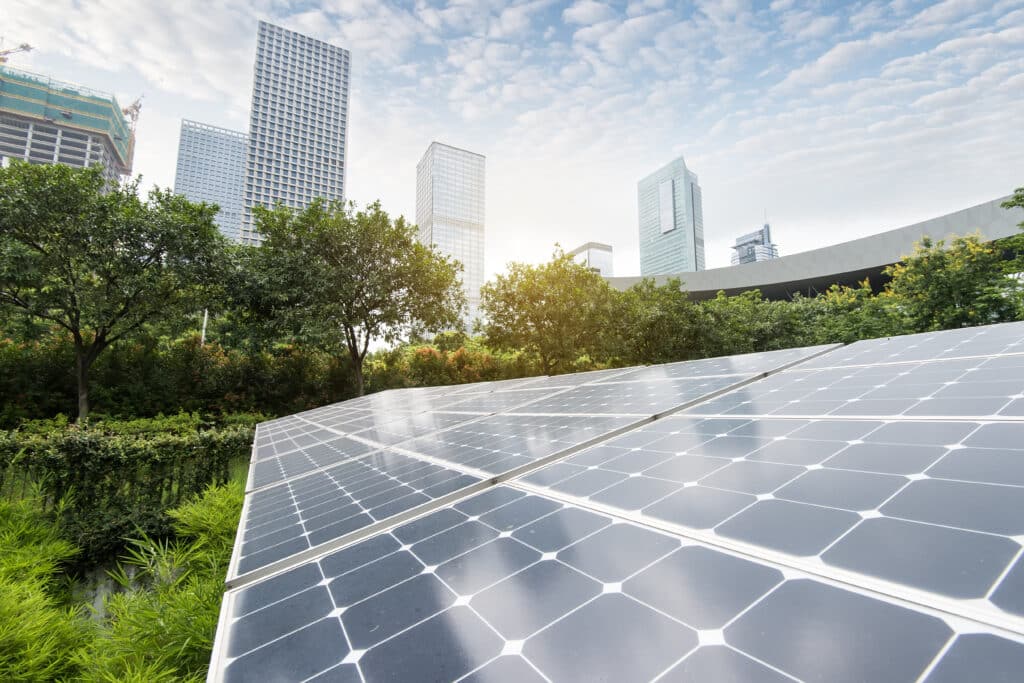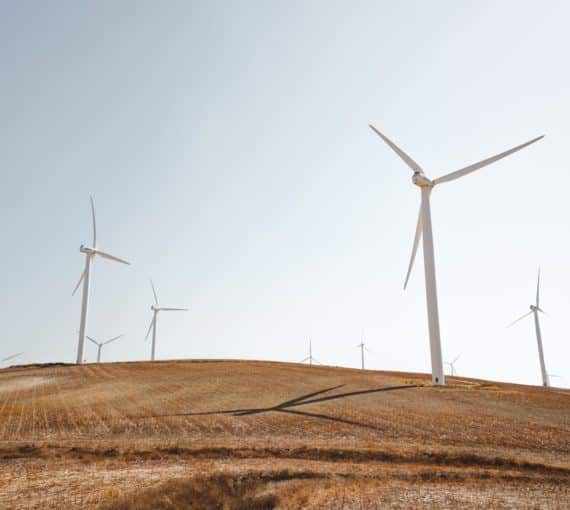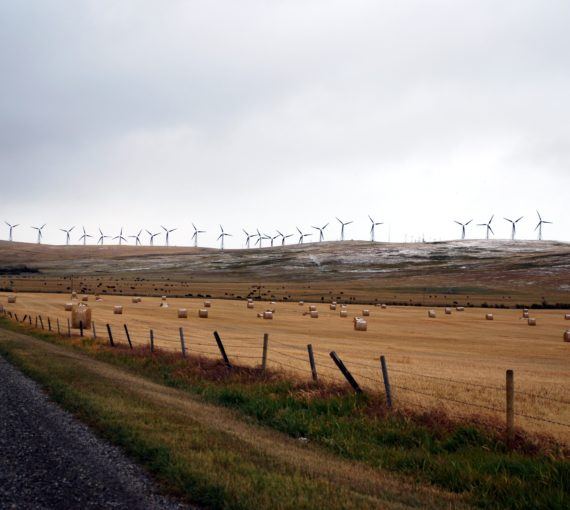
Among the hopeful signs: renewable energy generation capacity hit a record in 2023, spending on solar deployment has reached more than US$1 billion a day and electric vehicle sales are accelerating.
The International Energy Agency has good and bad news. The good is that renewable energy is on track to provide half the world’s power mix by 2030. The bad is that it’s not enough.
Against a backdrop of increasing global conflict, volatile fossil fuel markets and extreme weather events, the IEA’s World Energy Outlook 2023 offers hope. Investments in clean energy have risen by 40 per cent since 2020 — and not just because of the “push to bring down emissions.”
According to the report, “The economic case for mature clean energy technologies is strong. Energy security is also an important factor, particularly in fuel-importing countries, as are industrial strategies and the desire to create clean energy jobs.”
Among the hopeful signs: renewable energy generation capacity hit a record in 2023, spending on solar deployment has reached more than US$1 billion a day and electric vehicle sales are accelerating. Everything from heat pump installations in the European Union and United States to solar and offshore wind additions in China have far exceeded projections.
Against a backdrop of increasing global conflict, volatile fossil fuel markets and extreme weather events, the IEA’s World Energy Outlook 2023 offers hope.
And thanks to renewable energy’s growing affordability — coupled with volatile and rising prices for coal, oil and gas — energy markets are shifting rapidly. “Accelerated scale up of the clean energy transition means there is very little runway left for growth in fossil fuels: for the first time, demand for oil, natural gas and coal each peak in the three World Energy Outlook‑2023 scenarios before 2030,” the IEA reports.
But the agency warns that “investment in oil and gas today is almost double the level required” to meet climate goals. Global average surface temperature has already reached 1.2 C above pre-industrial levels, perilously close to the 1.5 C threshold the Intergovernmental Panel on Climate Change says we must not exceed if we want to avoid rapidly accelerating catastrophic consequences. Greenhouse gas emissions continue to rise, thanks to excessive use of energy from coal, oil and gas. “The energy sector is also the primary cause of the polluted air that more than 90% of the world’s population is forced to breathe, linked to more than 6 million premature deaths a year.”
In analyzing “different scenarios that reflect current real-world conditions and starting points,” the World Energy Outlook envisions “the beginning of the end of the fossil fuel era,” with demand expected to peak over the next six years. But, the IEA cautions, “Bending the emissions curve onto a path consistent with 1.5°C remains possible but very difficult.”
IEA executive director Fatih Birol called the worldwide shift to clean energy “unstoppable” and said the sooner we get on with it, the better off we’ll all be.
“Governments, companies and investors need to get behind clean energy transitions rather than hindering them,” he said. “There are immense benefits on offer, including new industrial opportunities and jobs, greater energy security, cleaner air, universal energy access and a safer climate for everyone. Taking into account the ongoing strains and volatility in traditional energy markets today, claims that oil and gas represent safe or secure choices for the world’s energy and climate future look weaker than ever.”
The evidence is indisputable: we can and must turn things around, but we need to act now!
We have no time to lose. A recent international scientific analysis, published in the journal Bioscience, finds Earth’s “vital signs” are worse than ever, with 20 of 35 indicators related to the climate crisis at record extremes.
The scientists are blunt about the failure to heed increasing evidence and warnings: “Unfortunately, time is up. We are seeing the manifestation of those predictions as an alarming and unprecedented succession of climate records are broken, causing profoundly distressing scenes of suffering to unfold. We are entering an unfamiliar domain regarding our climate crisis, a situation no one has ever witnessed firsthand in the history of humanity.”
Recognizing that the top 10 per cent of emitters were responsible for 50 per cent of global emissions in 2019, they’re calling for a transition to a global economy that prioritizes human wellbeing over overconsumption and excessive emissions by the wealthy, the Guardian reports.
The evidence is indisputable: we can and must turn things around, but we need to act now! We must leave coal, oil and gas in the ground and shift to an economic system that ensures a bright future rather than continuing devastation.
We’re all in this together.



